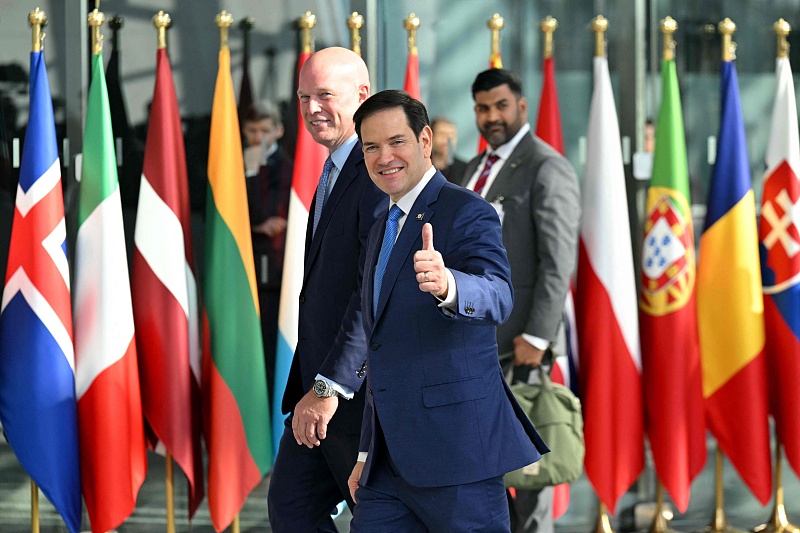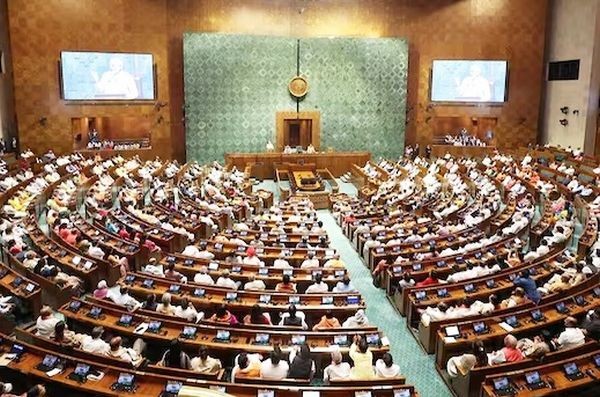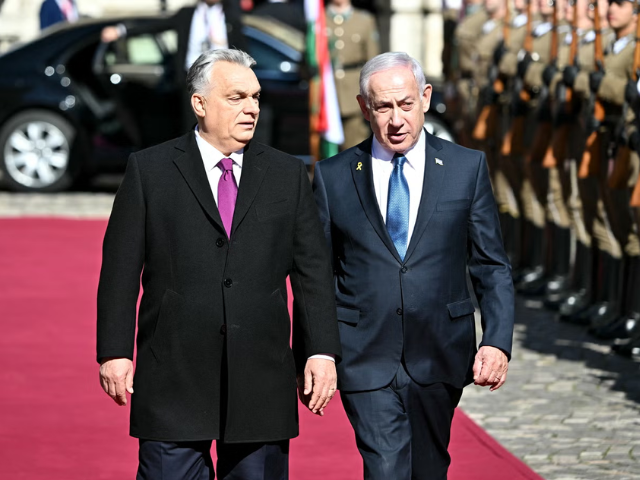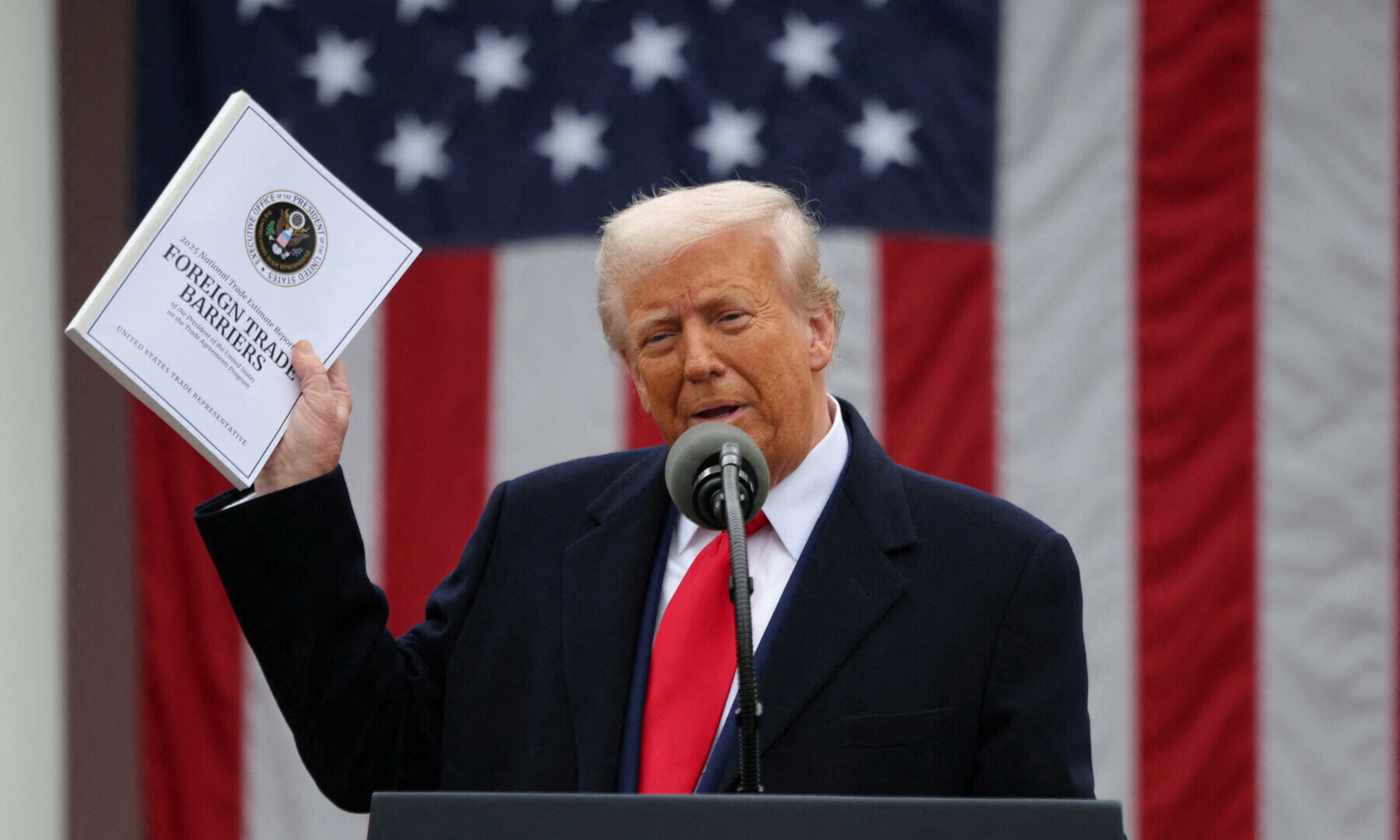WORLD NEWS
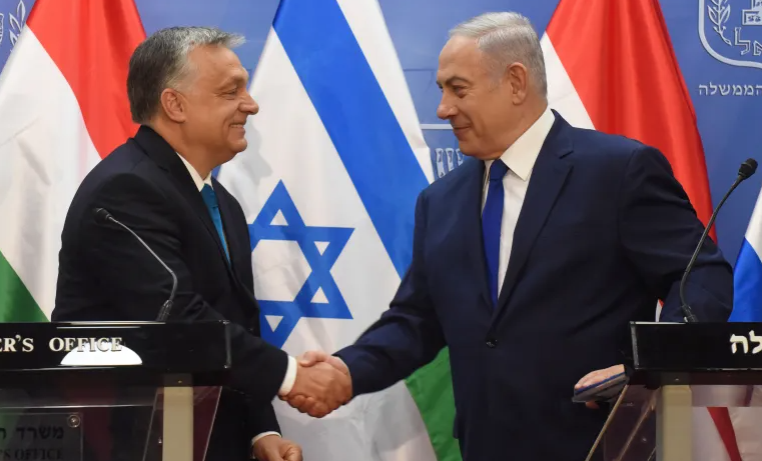
Israeli Prime Minister Benjamin Netanyahu is on a four-day visit to Hungary, despite facing an International Criminal Court (ICC) arrest warrant for alleged war crimes in Gaza. Netanyahu is expected to meet Hungarian Prime Minister Viktor Orban on Wednesday evening, with plans for a visit to a Holocaust memorial in Budapest.
The ICC issued the arrest warrant in November 2024, accusing Netanyahu and former Defence Minister Yoav Gallant of war crimes. The charges include the deprivation of basic necessities like food, water, and medical supplies to Gaza’s civilian population.
Hungary, a founding member of the ICC, is technically required to arrest anyone under a court-issued warrant. However, Prime Minister Orban has made it clear that Hungary will not comply with the ICC’s decision, sparking significant international controversy.
Hungary’s Defiance
Orban’s decision to defy the ICC’s arrest warrant has drawn sharp criticism. Fadi El Abdallah, a spokesperson for the ICC, stated that it is not for individual states to unilaterally assess the legal validity of the court’s decisions. He reiterated that participating states have an obligation to enforce the ICC’s decisions, or at the very least consult with the court in case of disagreements.
Hungary’s refusal to act on the warrant has also triggered backlash from the European Green Party. Co-chair Ciaran Cuffe expressed concern over the EU’s failure to uphold international law, criticizing Orban for undermining the rule of law, both domestically and on the international stage.
Netanyahu’s International Travels
This marks Netanyahu’s second international trip since the ICC issued the arrest warrants for him and Gallant. His first trip abroad was to the United States, where he met with President Donald Trump in February. Notably, both Israel and the United States are not members of the ICC, which has fueled tensions over their relationship with the court’s rulings.
ICC’s Allegations
The ICC issued arrest warrants after it concluded there were reasonable grounds to believe that Netanyahu and Gallant were responsible for depriving the Gaza population of essential survival needs during military operations in Gaza. Israel has denied these allegations, calling them politically motivated and accusing critics of being driven by anti-Semitism.
International Repercussions
The growing international pressure on Orban to respect the ICC’s decisions is significant, as his defiance highlights broader concerns about the weakening of international law enforcement. European leaders, including from the European Union, have expressed frustration with Orban’s repeated disregard for rulings from international courts.
As Netanyahu's visit to Hungary unfolds, the global community remains divided on how to address the ICC’s call for accountability and the broader implications for international law.
